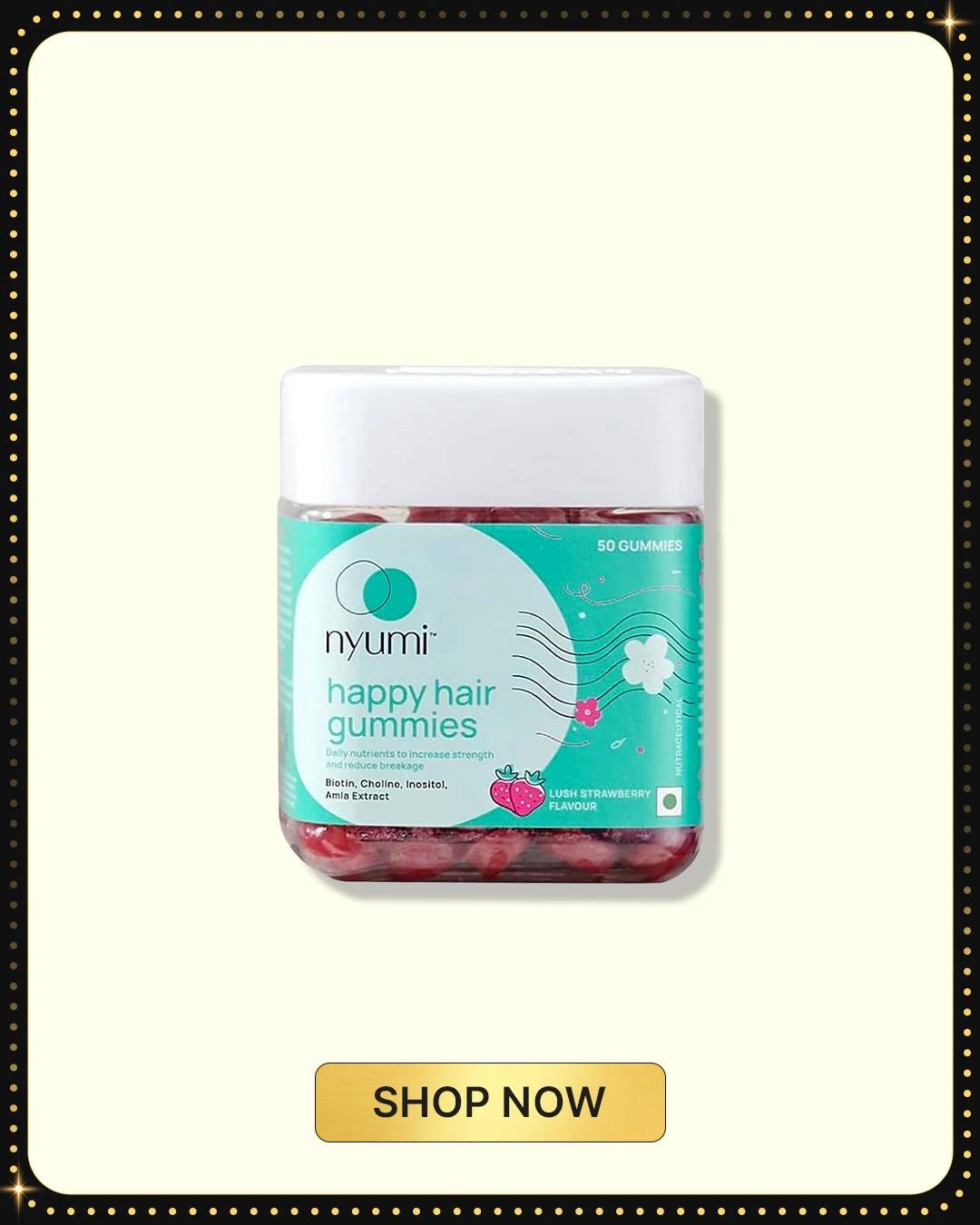Not all gummy hair supplements are created equal, so knowing what to look for can help you find your perfect match. The key is understanding what makes a quality product versus something that's just tasty but not particularly effective. Quality ingredients and proper formulation make all the difference.
Ingredient Quality and Sourcing
When exploring your options, look for gummies made with **natural ingredients** and high-quality sources. Certifications like vegan, non-GMO, and organic can be good indicators of quality. The best natural
hair care supplements will list exactly where their nutrients come from and avoid unnecessary fillers or artificial colours. Transparency in sourcing usually means the brand cares about what they're putting in their products.
Dosage and Formulation
A well-formulated gummy should provide therapeutic doses of key nutrients without requiring you to eat half the bottle. Look for products that balance effectiveness with safety—too little won't help, but too much of certain vitamins can cause issues. The best formulations consider how different nutrients work together for optimal hair health and hair strengthening benefits.
Potential Side Effects and Considerations
Whilst gummy hair supplements are generally safe for most people, there are a few things worth keeping in mind. Being informed about potential considerations helps you make the best choice for your hair health journey. Knowledge is power, especially when it comes to supplements.
Sugar Content and Dental Health
Traditional gummies do contain some sugar to make them taste good, which is worth considering if you're watching your sugar intake. However, many brands now offer sugar-free alternatives that use natural sweeteners instead. If you're concerned about dental health, look for options that won't stick to your teeth or consider taking them with your meals rather than as standalone snacks.
Interactions with Medications
Like any supplement, hair vitamins can potentially interact with certain medications or other supplements you're taking. Biotin supplements, for instance, can affect certain blood test results. It's always worth chatting with your healthcare provider before starting any new supplement routine, especially if you're taking prescription medications or have existing health conditions.
Complementary Hair Care Practices


 120 Gummies
120 Gummies